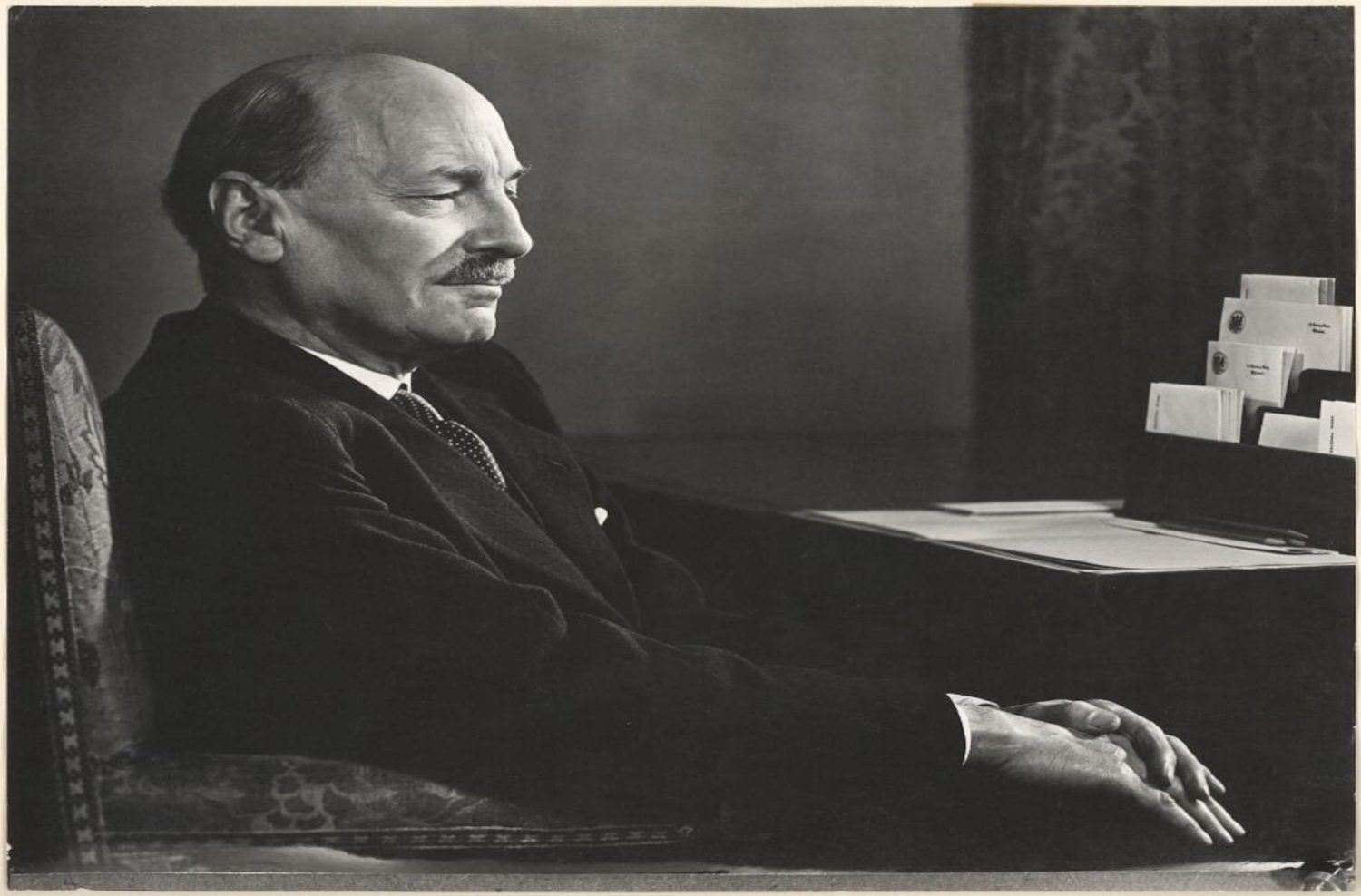Planning for victory
This month marks the 75th anniversary of Labour’s 1945 victory. What lessons are there for the party in 2020 and beyond? Paul Dimoldenberg discusses.
What are the lessons for Labour on the 75th anniversary of its 1945 general election victory, which heralded the establishment of the National Health Service, the construction of more than 1 million new homes and the nationalisation of the railways and coal mines?
Using the past as a guide to the future is a dangerous game, but as there are similarities between 1945 and now, there is value in looking back.
In 1945 the past had a huge bearing on the future. Despite Winston Churchill’s record as an outstanding war leader, the economic failures of the 1930s cast a long shadow. The Conservatives were fighting their own pre-war record of economic slump and appeasement. ‘No going back to the 1930s dole queues’ was therefore a powerful call to action in 1945. As the current Covid-19 pandemic continues, the true enormity of the impact of the past decade of austerity is being revealed. The people’s reaction may be equally powerful and this is something Labour must capitalise on.
At present, the social care sector remains a ‘second class’ service. Many people are struggling in overcrowded housing. Those in the gig economy and on zero-hours contracts are highly vulnerable. All these issues may, by 2024, become more significant for a wider cross-section of society.
By 2024, the Conservatives’ years of austerity will have taken their toll on jobs, communities and public services. This Conservative legacy needs to be articulated by Labour at every opportunity, together with a prescription for the future. ‘Never again’ was the folk memory in 1945: something similar needs to be in voters’ minds as they enter the polling booths in 2024.
In 1945 the British people took a very practical view of the future: they wanted a decent home, a job and not to have to worry when they became ill or fell on hard times. They saw Labour as the vehicle through which these aspirations could be achieved. Labour’s strong commitment to building new homes and implementing the Beveridge report were decisive in securing victory.
To win in 2024, Labour’s appeal needs to be based on the everyday concerns and aspirations of the British people. The offer needs to be practical and relevant to a wide range of voters.
At the time of the 1945 election, the impact of the war was all-pervading. Labour’s leaders – Attlee, Bevin and Morrison, in particular – were trusted, with a record of success. Labour presented a competent and patriotic team.
Direct comparisons with a six-year, all-out world war are not appropriate. Nevertheless, over 45,000 deaths have been recorded after just five months of Covid-19 – over two-thirds the total number of 60,000 civilian deaths in Britain during the war. There is little doubt that the economic and social effects of the coronavirus pandemic will be felt for a long time.
Labour should follow 1940s Labour in taking a patriotic stance and putting the ‘national interest’ first. Keir Starmer’s forensic questioning, strategic analysis of the government’s conduct of the ‘war’ and clear articulation of the public’s concerns is spot-on. Labour needs to be seen as having ‘put the country first’ and as having fought ‘a good war’ when it asks the British people for their votes in 2024.
In its 1945 manifesto, Labour’s pledge to use planning and public ownership was seen as entirely practical. Massive state intervention and direction had brought success during the war, so there was every good reason for it to succeed during peacetime. Building on this logic, Labour should build on the public support for the NHS and workers in the care sector by proposing a national care service. In order to tackle climate change, state investment in sustainable energy as part of ‘the Green New Deal’, will take on vital importance.
In 2020, Labour’s task is to renew its case for the vital role of the state in supporting a thriving and prosperous economy, and fostering our education, health and social care systems. The case needs to be couched in everyday language so that by 2024, just as in 1945, conversations in bars, cafes and workplaces will express the Labour message as matter of fact ‘common sense’.

